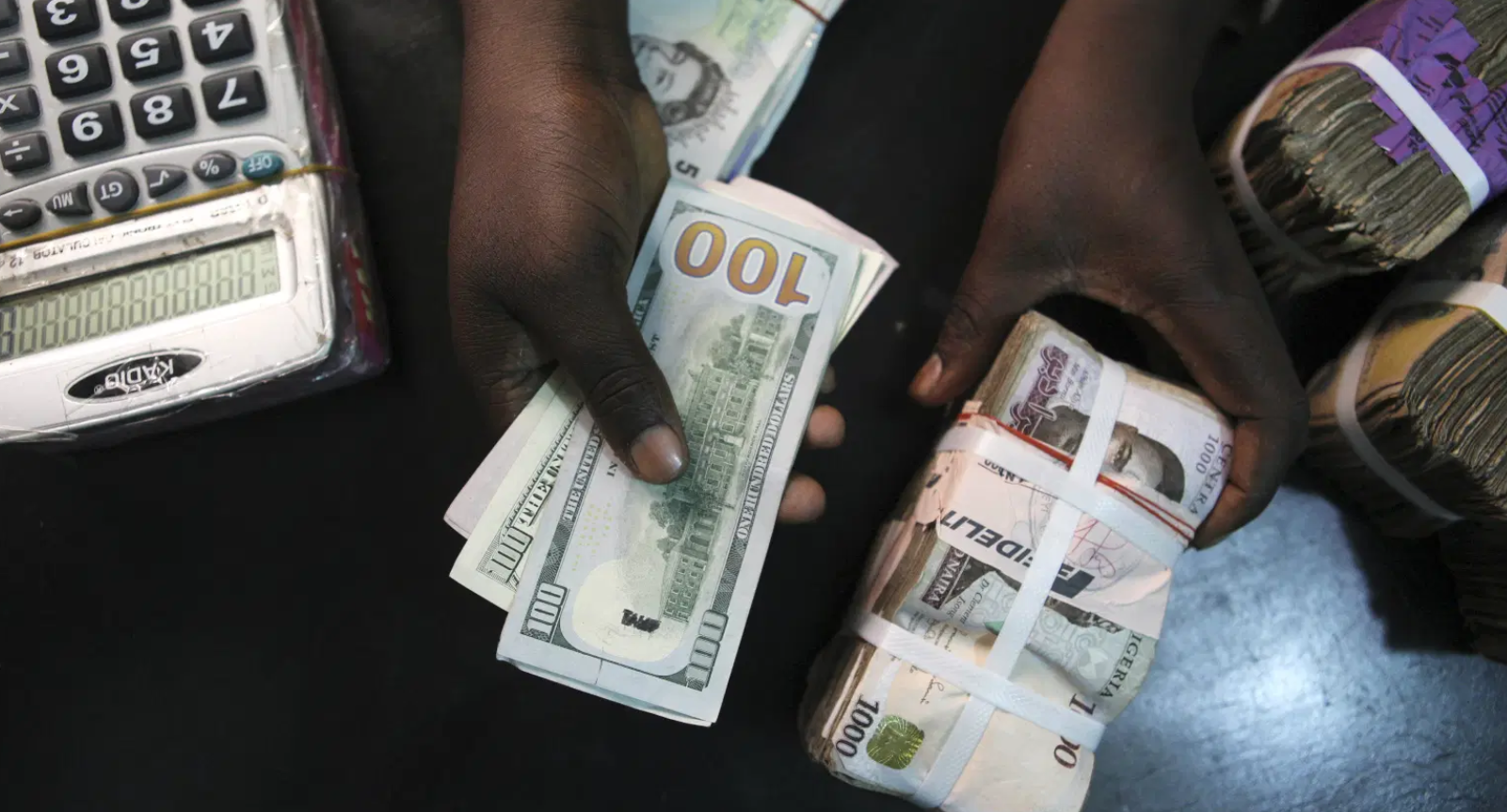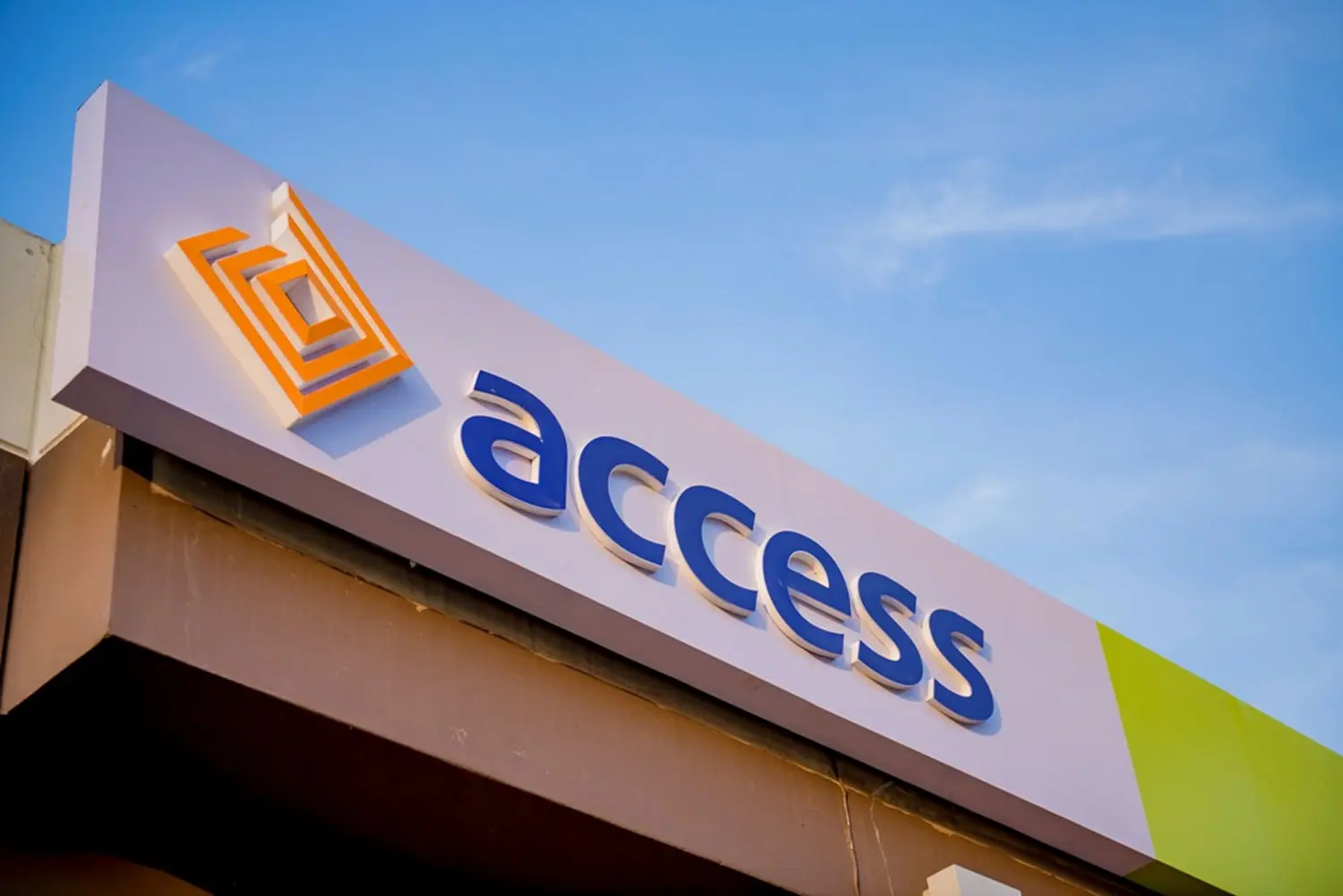The Central Bank of Nigeria has shared new guidelines for the sale of FX by Bureau De Change (BDC) operators in the country, ending a 25-month ban. The apex bank is hoping that the new policy will stabilise Nigeria’s FX market.
Nigeria’s Central Bank is ending a two-year ban on FX sales to the Bureau De Change (BDC) operators in its newest move to stabilise Nigeria’s volatile FX market. Under ousted CBN Governor Godwin Emefiele, the CBN banned sales of FX to BDC operators in 2021. The apex bank is now hoping BDC operators will ease pressure on the FX market.
In a statement published on its website on Friday evening, the CBN said the spread on buying and selling of FX by BDCs will fail within a range -2.5% to +2.5% of the FX window’s average rate from the previous day. The naira jumped this week, exchanging for N855/$1 on the parallel market as of Friday morning and trading at around N744 on the I&E window.
In line with the new operational guidelines, the CBN will also require BDCs to submit periodic financial reports on the Financial Institution Forex Rendition System (FIFX). The CBN’s thinking is that BDCs can help increase the supply of FX in the market and ease pressure on the rates. BDCs have traditionally benefited from arbitrage and Nigeria’s multiple exchange windows. The price of BDC licences declined significantly, following news of Nigeria’s move towards a single exchange rate. But CBN’s latest bet will bring these operators back into business. Some observers say that supplying FX through BDCs could potentially contribute to inflation if not properly managed.
The CBN’s attempt to unify the FX rates has failed to hit home due to the bank’s inability to meet demand. As a result, the parallel market continued to be the viable source of supply, opening up a significant arbitrage opportunity.






















